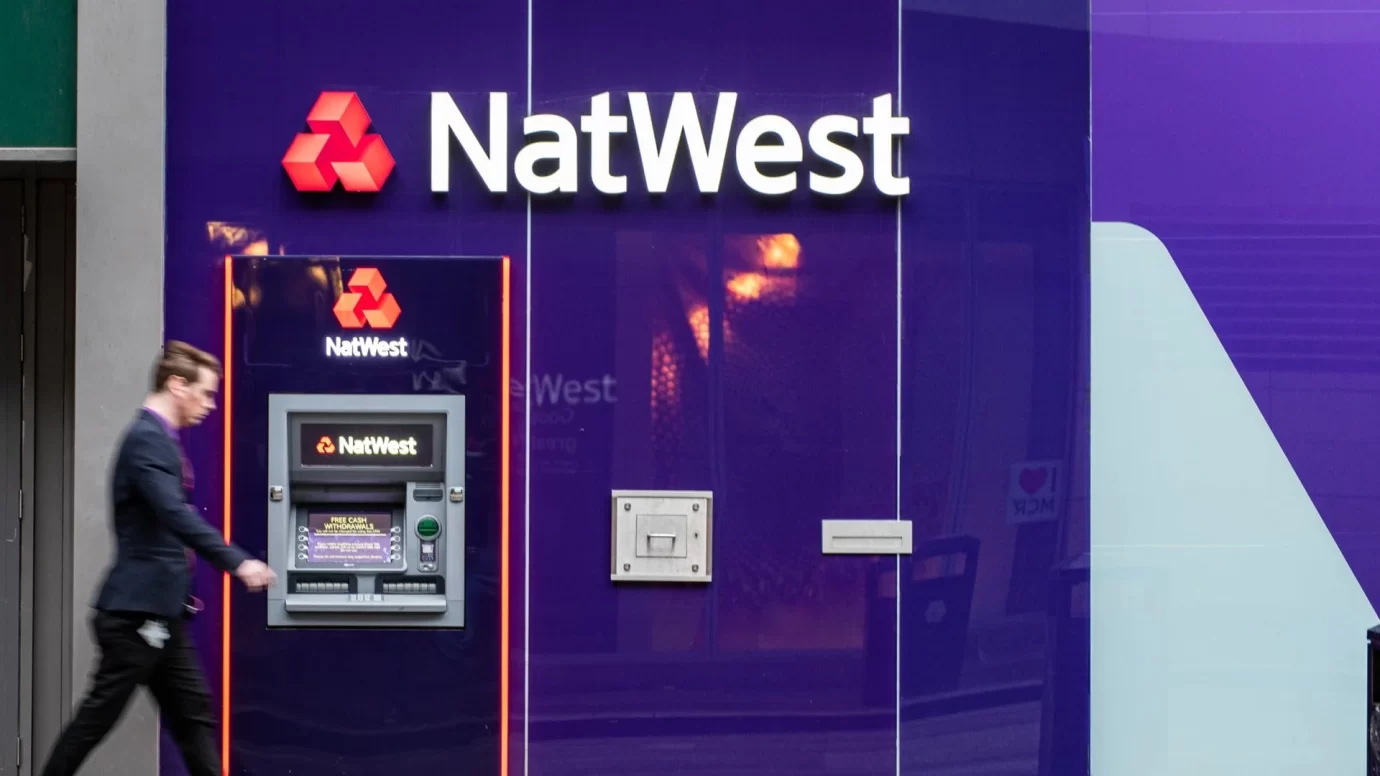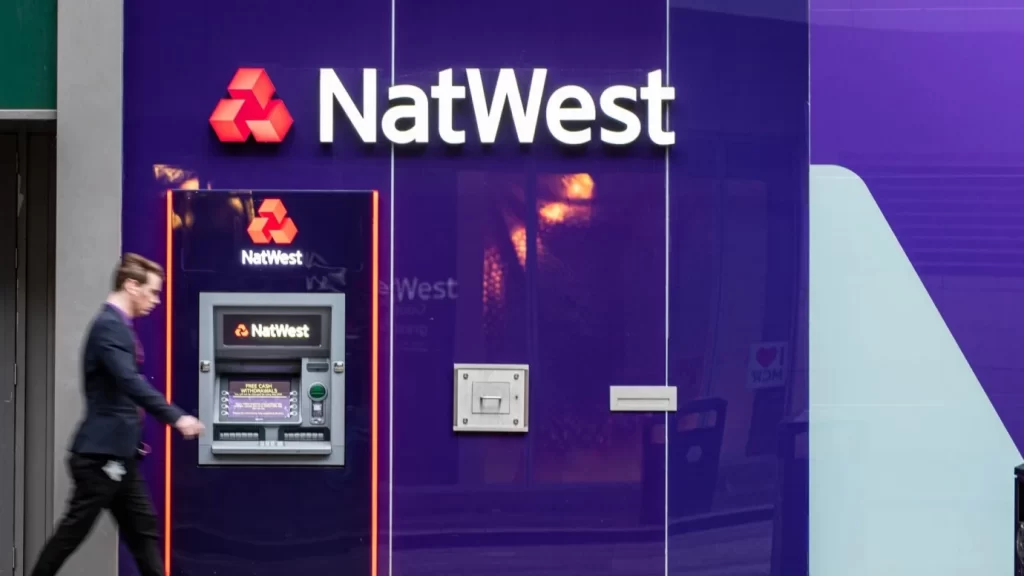- The UK government is considering selling shares it holds in NatWest to retail investors for the first time.
- How a share sale might work for NatWest.
- NatWest has had a difficult 2023, but headwinds are set to subside.
- Lloyds had a solid third quarter, while asset management and pension expansion. provides opportunities.
- Barclays valuation below its peers but Investment Bank faces challenges.
- HSBC provides diversification but exposure to China has hurt.

Retail investors are assessing the prospects for NatWest as the government plans on a share sale. It is encouraging that the Chancellor is proposing to include retail investors, but he’s also promised value for money for the taxpayer. So, it’s likely that the share sale won’t take place until NatWest’s share price has recovered somewhat, having fallen by around a third since January. The UK banking sector has fallen out of favour as investors have been drawn by the lure of big tech, and while current economic headwinds have seen valuations come under pressure, there is opportunity for those seeking stocks delivering stable income, given the sector has largely offered reliable dividend yields.
How a share offer might work for NatWest
The government has not shared the details of how a share sale for NatWest would work in practice but it’s worth looking at a similar scheme which was planned, and later dropped for Lloyds Bank. People would have had the option to apply for between £250 and £10,000 worth of shares. A discount of at least five percent to the market price was set to be applied. If the shares were held for a year or more, then a bonus of one extra share for every ten held would have been awarded, subject to a cap of £200 worth of bonus shares per applicant.
There was never any detail on what a share sale plan would have meant for existing shareholders. The impact could have been a short term sell out from retail investors to then reinvest for the bonus or discount and this could have distorted the price. So, they would have had to consider whether the share sale should run alongside another form of rights issue, with a discount to reward holders.
Its likely similar plans will be considered for the NatWest sale but there is no guarantee. In terms of the application process, a short book build process where applications would be submitted to broker, like HL, could be expected. Brokers could then aggregate orders and submit to the lead investment bank. Depending on volume of applications then there would have been scaling process set up, like we saw with Royal Mail’s IPO.
Prospects for NatWest
As far as NatWest is concerned, 2023 has been a difficult year. There’s has been a change at the top after the resignation of Alison Rose, following concerns around client confidentiality, prompted by complaints by Nigel Farage. The market value is down by nearly a third since January, with a sharp fall in October after disappointing third-quarter figures, and worse than expected net interest margins as savers accelerated the move to higher rate deposits.
On a more positive note, provisions set aside for debt defaults were better than first thought and full-year guidance remains intact. This is something to keep a close eye on, but default levels are staying low for now. Risks here tend to be lower given it boasts one of the lowest levels of higher-risk unsecured lending in the sector. Costs are an ongoing point of note, and a key focus for the new CEO. There’s been continued progress on reducing the cost:income ratio (Q3 51.4%) – with the medium-term target for sub 50%. Keeping costs in check is an ongoing challenge, especially in a world where inflation risks staying stubbornly elevated. NatWest is poised to benefit from some of the structural tailwinds that should lift sector earnings over the medium term. Mortgage pricing is currently a pain point, as more profitable business written over the pandemic is replaced. That should be a headwind that eases over 2024. There’s also the benefit from the structural hedge to come through – think of this like a bond portfolio that’s set to roll on to better rates over the coming years. All in, at current valuations the potential for returns look attractive for both the business and shareholders. But Paul Thwaite still has some work to do to convince the market that he’s steadied the ship.”
Prospects for other UK listed banking stocks.
By Derren Nathan, head of equity research, Hargreaves Lansdown
As another UK focussed retail bank, Lloyds is subject to many of the same opportunities and challenges as NatWest. It posted solid third quarter results. And whilst net interest income was sightly lower than forecast some softness was to be expected. On the plus side there was positive movement in deposit levels, new mortgage business and capital generation. Looking ahead, there are plans to build out the bank’s non-interest income. Building out areas like asset management, general insurance and pensions businesses are on the cards. Investment is expected to peak in 2023 and benefits are slowly coming through – sustained growth over 2024 is the next hurdle. Like NatWest the valuation is trading lower than historical norms. This presents an opportunity for investors but there could still be some ups and downs ahead.
Barclays also has a strong UK presence but there’s more to the story here. It’s also one of the largest global investment banks and has a sizeable UK/US credit card business. Higher rates along with increased US credit card balances, are proving a tailwind, but it can be a double-edged sword. With consumer income under pressure, higher loan rates mean banks must prepare for future defaults. For now, consumers are being prudent with their finances. Arrears for UK cards are low, and though there’s been an uptick in the US, levels remain in line with pre-pandemic. Nevertheless, it’s an area to watch.
Turning to the investment bank, the largest business unit that accounts for almost half group income. Fees continue to come under pressure as activity in the market remains subdued, given the broader uncertainty. Tough comparable periods also mean driving growth this year’s a tough ask. Still, it’s one of the best outfits outside the US and offers a different avenue for income compared to other high street rivals. Barclays continues to trade at a discount to European peers, largely a result of poor image from a slew of governance mishaps and a lack of faith that recent returns are sustainable. It’s a valid perspective, but one that’s now perhaps been a little overdone. There’s rerating potential if returns can prove consistent, but with the investment banking arena under pressure that could take some time.
HSBC is another name that offers something a little different. It’s arguably a more diversified play than other UK listed names due to its Asian exposure and has taken a prudent view on its loan book in the region, with impairments in the third quarter reaching $1.1bn with nearly half relating to Chinese commercial real estate assets. Despite this third quarter pre-tax profits jumped from $4.5bn to $7.7bn.
Lacklustre growth in the region for several years has brought significant pressure from a section of the investor base who want to see the business spin out its Asian operations. For now, the board’s adamant that’s not the right way to go, and the response is a renewed focus on higher growth areas. Asia may no longer be producing the economic miracles investors have become accustomed to, but 2024 growth forecasts in emerging Asian economies remain well ahead of Europe and the US.
There’s also a large global banking arm. Income is diverse, from trading in credit and currency markets to trading finance and payment solutions. Interest rates still impact some income streams, but not to the extent of more traditional banking operations. With interest rate tailwinds easing, diversification has its merits.
The article is by Susannah Streeter, head of money and markets, Hargreaves Lansdown.
HedgeThink.com is the fund industry’s leading news, research and analysis source for individual and institutional accredited investors and professionals









